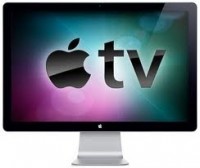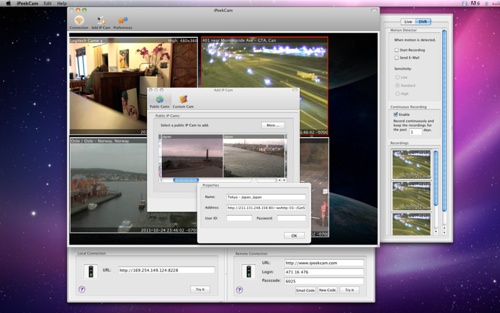In a note to clients — as reported by “Deadline” — Barclays Equity Research says the rumored Apple branded HDTV (the so-called “iTV”) will debut in early 2013 and be impressive if not revolutionary.
Barclays sees the iTV as a television set that merges Internet and conventional TV programming enhanced by features including Apple’s Siri and a FaceTime camera and microphone.
“Apple’s eventual television could be so much more than a TV — including gaming, video communication, content delivery, apps, computing and all the capabilities of the current Apple TV — that it is really not fair to compare it to products already on the market,” the research group says.
An iTV might use CableCARDs to unscramble providers’ signals rather than needing a cable or satellite set-top box. This would eliminate access to the operator’s VOD, but Barclays says that consumers won’t mind because they’ll be able to connect to services such as Netflix and Hulu.
CableCARDs are special-use PCMCIA (PC) cards that allows consumers in the United States to view and record digital cable television channels on digital video recorders, personal computers and television sets without the use of other equipment such as a set top box (STB) provided by a cable television company. A CableCard slides into a special slot in a CableCard-ready TV and handles authentication and decoding functions.
However, CableCards can’t handle two-way communications. In other words you can’t use them for video on demand, pay-per-view programming, or an interactive program guide.
What’s more, Apple won’t revolutionize TV because content providers have too much invested in keeping the current system intact and current content providers and studios will “vigorously defend the bundle,” Barclays says. Even if Apple could cut enough deals with programmers to offer a replacement for conventional pay TV, consumers “would need to replace every TV in their house with an Apple TV.”



